Strangers with Candy was a television oddity. It ran three seasons in just a year and a half, it starred some of TV's biggest names before they were famous (like Stephen Colbert and Amy Sedaris), it attracted numerous guest stars, like Paul Rudd and Will Ferrell, and most importantly, it is remembered for being extremely offensive.
And yet, despite touching on so many off-limits topics, the series is also remembered for being hilarious. One of the biggest reasons for this is that nothing in the show happened without meaning. Every time the series seemed to be making fun of a topic, it normally had a subversive undertone that was actually critiquing society.
10 The Blank Stare (Season 2)
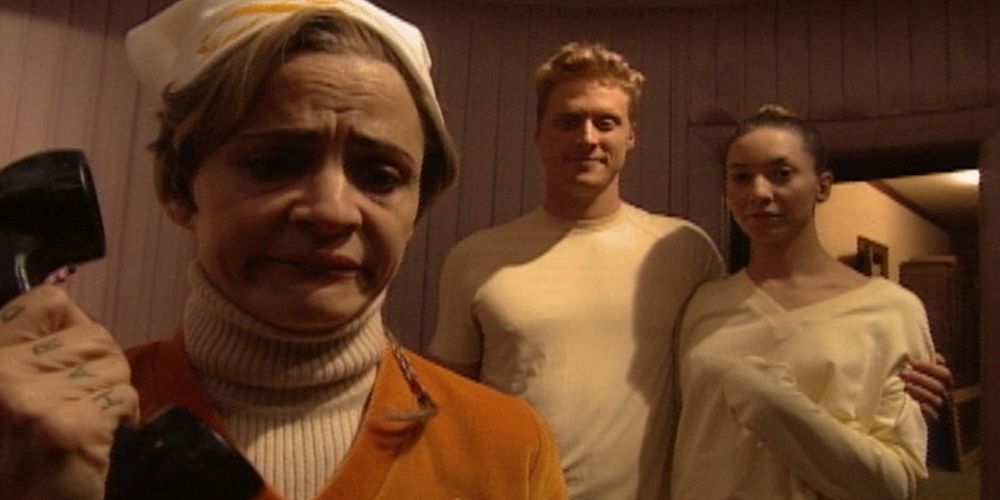
The 90s was rife with cults. The world watched the dramatic suicide of Heaven's Gate, the siege in Waco, the rise of Moonies, and more. The two-part episode, "The Blank Stare," was heavily inspired by this trope and saw Jerri Blank get sucked into a suicide cult.
But the episode also focused on the ways that cults target vulnerable, lonely people (like Jerri) to become members. It also mocked things like dress codes and hierarchies, pointing out that they too can be cultlike by demanding conformity.
9 A Price Too High For Riches (Season 2)
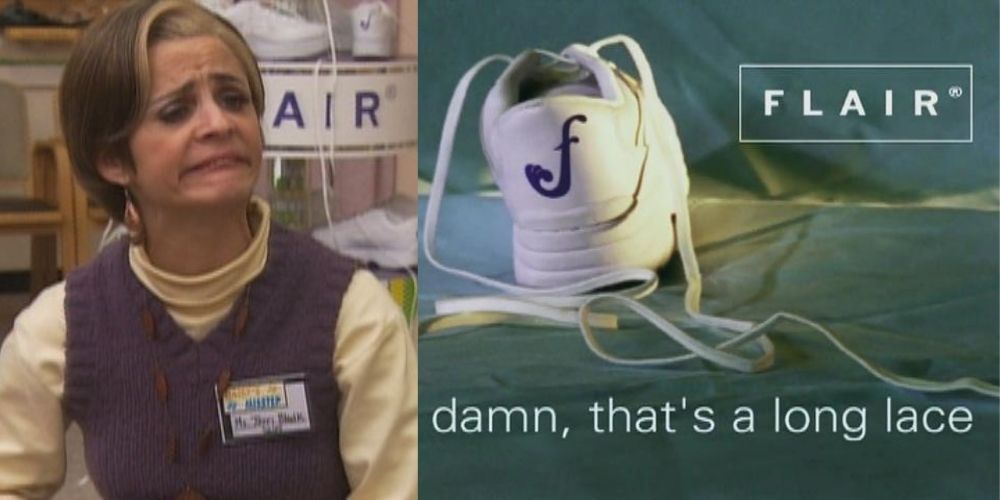
This episode saw Jerri become obsessed with a new shoe, the Flair, which had taken America by storm due to its extremely long shoelaces. Jerri is desperate to own a pair so she can be invited to the popular girl's party. She even gets a job at a shoe store to save up.
The episode was heavily inspired by the Air Jordan craze, but also mocked capitalism and consumerism as a whole, showing that people spend their entire lives working simply to afford objects they think will make their lives better.
8 The Last Temptation Of Blank (Season 3)
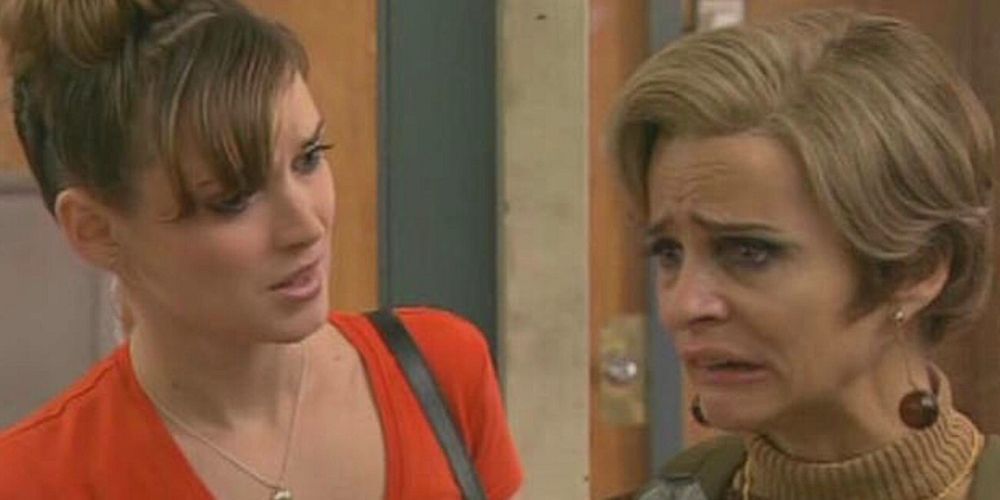
The series finale was another episode that mocked people's quest for popularity. In the episode, a new popular girl (Winona Ryder) wants to give Jerri a complete life makeover to make her popular.
She tells Jerri she'll need to completely change her looks, change her interests, and ditch her friends, all just to hang around a group of girls who hate her. Jerri obliges, only to realize that popularity doesn't actually bring happiness.
7 Is Freedom Free (Season 3)
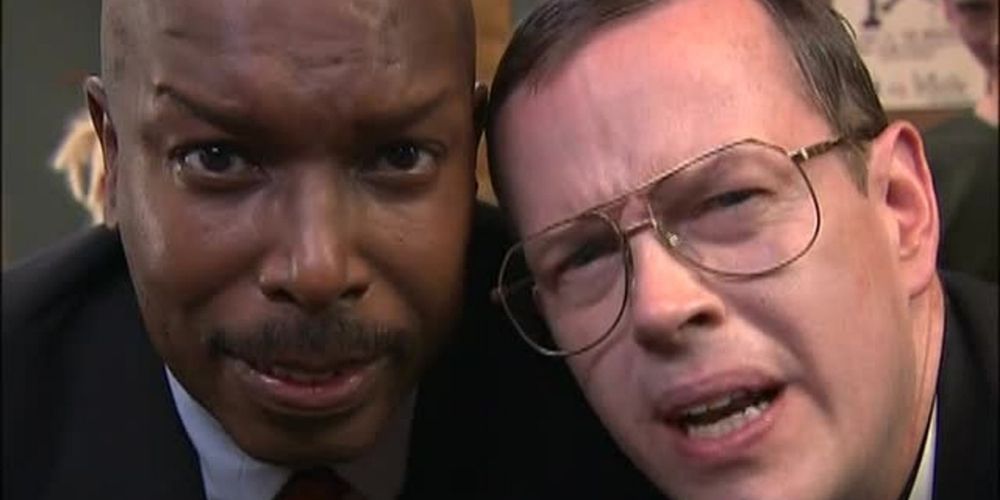
Jerri's art teacher, Mr. Jellineck, wants to celebrate free speech by giving his students an assignment to express themselves through photography. When Jerri hands in her work (a nude photo of herself) the school erupts into pandemonium.
The principle even calls in a priest for advice. The episode clearly mocks censorship and the role religion has played in deeming what is and isn't right.
6 Blank Relay (Season 3)
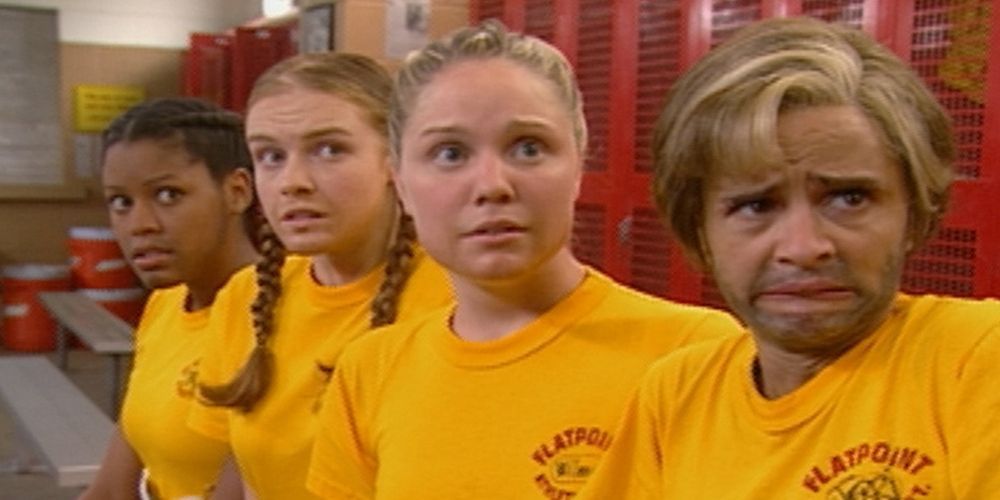
When Jerri is almost kicked off the track team for being lazy and not wanting to run track, she decides to up her game with steroids. Before long, the entire team is on steroids.
The episode was inspired by the high-profile MLB doping scandals of the time. It also showed the girl's track team grow beards, showing that steroids can have detrimental physical effects on your body.
5 Feather In A Storm (Season 1)
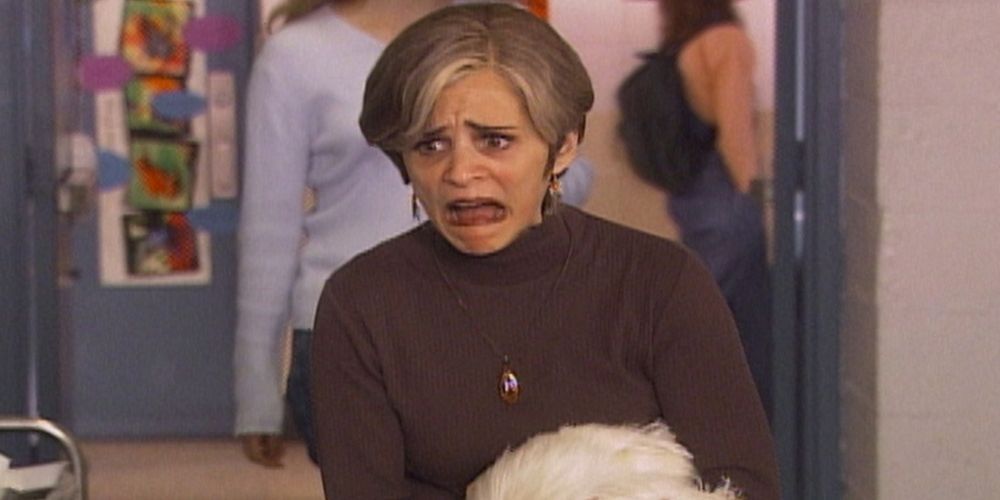
When Jerri tries out for the debate team, she's rejected, being told that only thin people make good arguments. From there, Jerri becomes bulimic with the hopes of making it onto the team.
While some viewers may interpret this episode as mocking those with eating disorders, it actually mocking society's obsession with physical beauty. This was especially timely when the episodes aired in 1999, long before the body positivity movement began, although it's still very relevant today.
4 Invisible Love (Season 3)
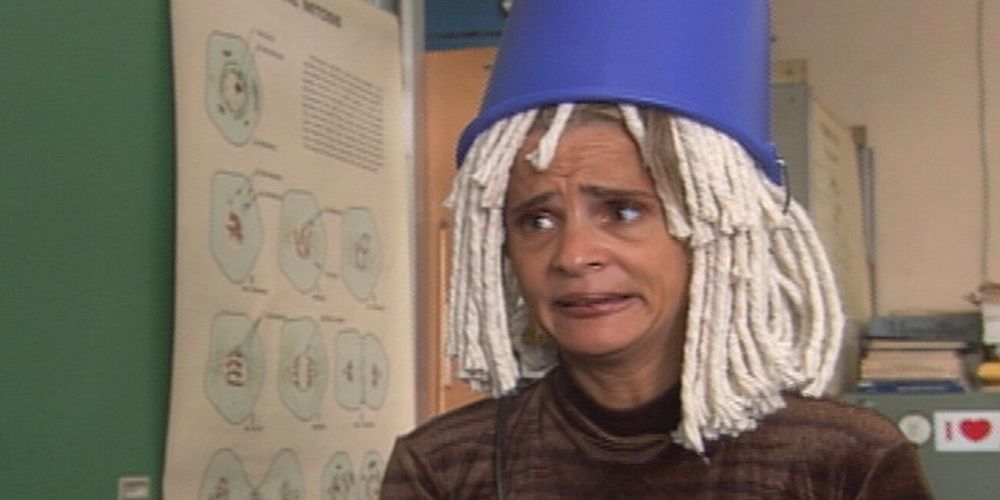
Jerri falls in love with a popular boy, Laird, at school. The only problem is that he's embarrassed by her, and will only make out with her if nobody can see. At the end of the episode, Jerri is forced to choose between being subservient to Laird's demands or keeping her self-respect. In the end, she chooses Laird.
The episode sought to expose the way women are often forced to do what men say and that there's a reason why so many struggle with self-image and self-respect.
3 There Once Was A Blank From Nantucket (Season 3)
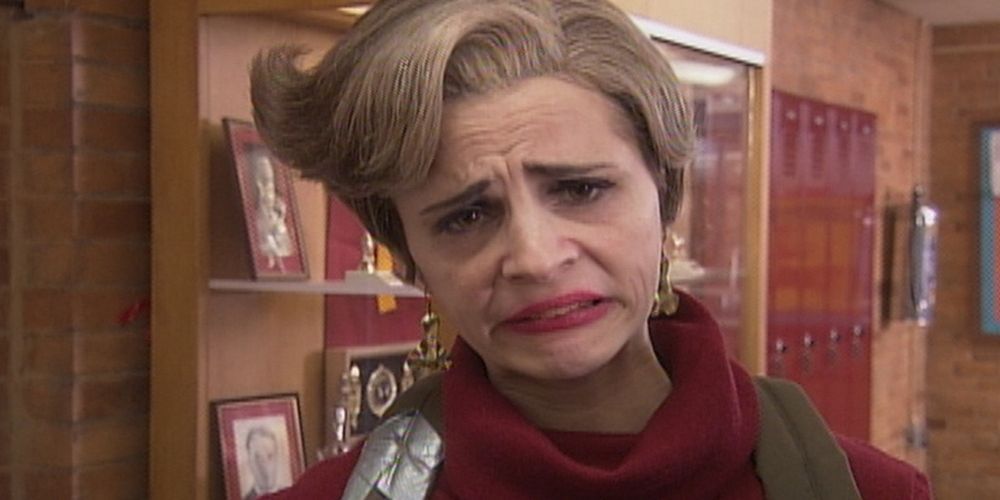
At school, boys are harassing Jerri and saying very sexually-charged and inappropriate things about her. Initially, Jerri likes the attention, but soon, she's told that what she's experiencing is sexual harassment.
Jerri has two choices - to allow the boys at school to harass her or to beat them at their own game. The episode goes on to reveal the real issue is that the boys at school aren't comfortable with themselves, and lashing out at Jerri is really a sign of their problems, not hers.
2 Dreams On The Rocks (Season 1)
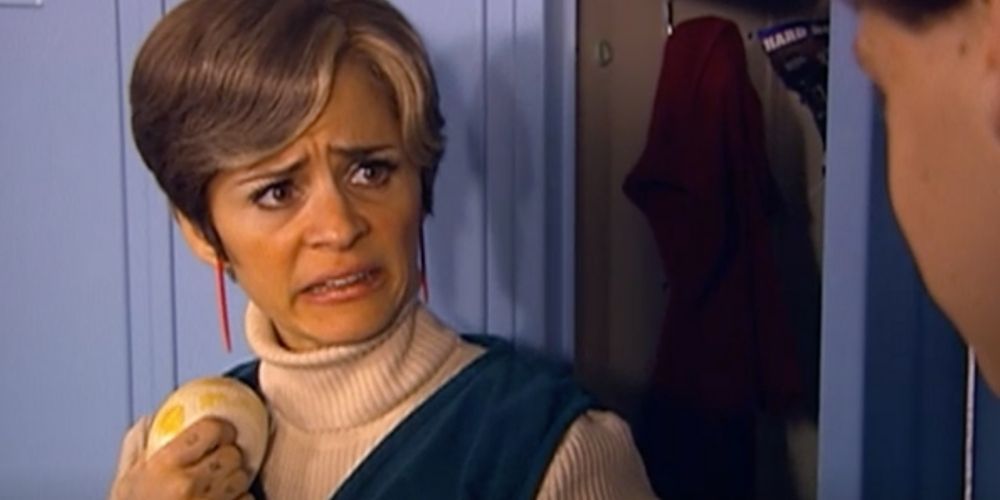
When Flatpoint High puts on a production of A Raisin in the Sun (a play about the struggles of a Black family in the Southside of Chicago), Mr. Jellinek, the play's director, casts only white students to play the roles, and Jerri somehow manages to land the lead.
And though the episode touches on lots of topics, such as alcoholism and regret, its portrayal of whitewashing and appropriation is by far the most notable. Even more interesting is that these concepts wouldn't be widely discussed for another 16 years.
1 Who Wants Cake? (Season 1)
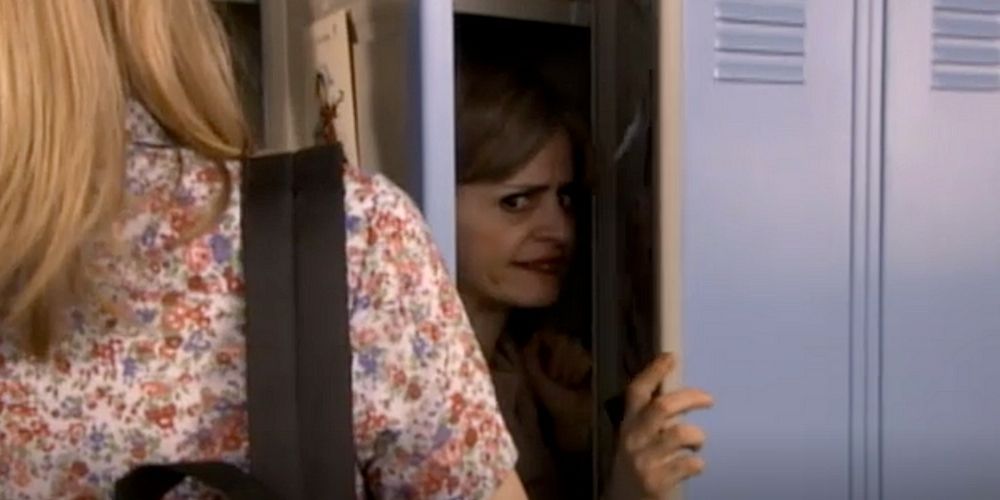
Easily the most controversial episode of the entire series, "Who Wants Cake?" saw Jerri being sent on a mission by the principal to find out if her locker mate is mentally handicapped. Why exactly the school wants to know this is unclear, but what's made very clear is that Jerri's locker mate is not. Despite this, the school falls into hysteria.
The episode was making a mockery of witch hunts, and the way that society can deem others as being the enemy or "lesser than," without having any real basis for doing so.
from ScreenRant - Feed https://ift.tt/3ooHilZ

0 Comments